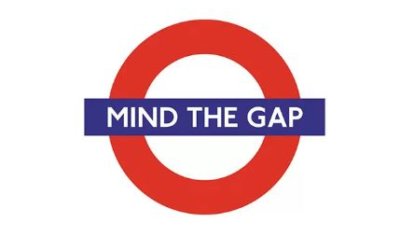As I visit various institutions there is a typical sequence of conversation. Introductions are made, backgrounds are shared and then the question is asked, “How are things going?”
I wish I had a video of the reaction. Eyes peer downward during a short period of silence, followed by the word, “Well …” It is then learned that traditional population is trending downward, tuition discounts are on an upward trajectory, and the former mainstay, non-traditional, is going along OK only if new programs are rolling out. The tried and true business and education programs are languishing. Costs for everything from food service, books, wages, health care and insurances are trending higher than regular inflation.
In short, little appears to be moving in the right direction and the annual budget process is bringing about tension and conflict as various constituencies attempt to fund their needs.
The next question is even more important, “What are your strategies for succeeding in this environment?”
Some are initiating new programs, investing in energy-saving projects with immediate payback, reducing interest costs through refinancing, deploying early retirement programs, saving through attrition, and are outsourcing anything that is not related to the core functions of the institution. In short, they are going on offense in the attempt to improve revenues and reduce costs.
Others are focusing primarily on increasing traditional enrollment or believe that non-traditional declines in historically popular programs are short-term. They seem to be in denial about the fundamental changes in the market being served.
I test the resolve with a few questions about costs. “If we look at your biggest costs, are you willing to consider changes that would reduce those costs?” The answer is typically positive, until I ask about specific areas. “We have handled that area through a board member’s relative and don’t believe there is much that could be saved.” “Our employees seem to like this provider of benefits and we don’t want to upset the apple cart any more with all they have gone through.” “I understand that we could save money through outsourcing that function but we really don’t want to deal with any ill will.” “We have to wait for a few retirements …”
For those who are familiar with some of the Gospel stories, I reference the disabled man whose handlers left him by the pool of Bethesda every morning (John 5). The text indicates that he had been sick for thirty-eight years. In that time, he would have outlived a majority of people with such a lifespan. You would think that he wanted to be well. In verse six, however, a question is posed to him by Jesus, “Do you want to be well?”
The answer seems obvious. Of course he does. Digging deeper though, one could observe that he had figured a way to cope. It is likely that others who denied his entrance into the water felt a bit guilty and threw him some coins as they exited. Others may have come to know him over time and, out of compassion, shared some of their wealth. At the end of the day, he might have had some change to share with his handlers, making their efforts pay off. No, it wasn’t a fun existence. It was existence though. If he was made well, the process that had been honed over thirty-eight years would end. His life would never be the same as he joined others who stood at the city square every day, hoping to be hired by someone.
Of course, he was healed, to his and other’s astonishment.
Some of those I visit with are ready for whatever it will take to turn the operation around. They have repeated the same processes over time and found them lacking as the market takes a hard turn. The openness is refreshing and, I believe, the results will be positive. Others may register the need to change but are unwilling to adjust this or that to accomplish the task. I do not know what the ultimate outcome will be from such a strategy but do not see it as sustainable. We are not heading back to the good old days. We know they were old but are not sure how good they were.
How about you? Are you truly ready and willing to change? Do you have a good grasp on what it is that is most important about your institution and what is superfluous? Would you give up this or that to effect better performance, lower cost and greater consistency? Our experience with the myriad components of an institution’s life can save you money and improve service.
Do you want to be healed?



